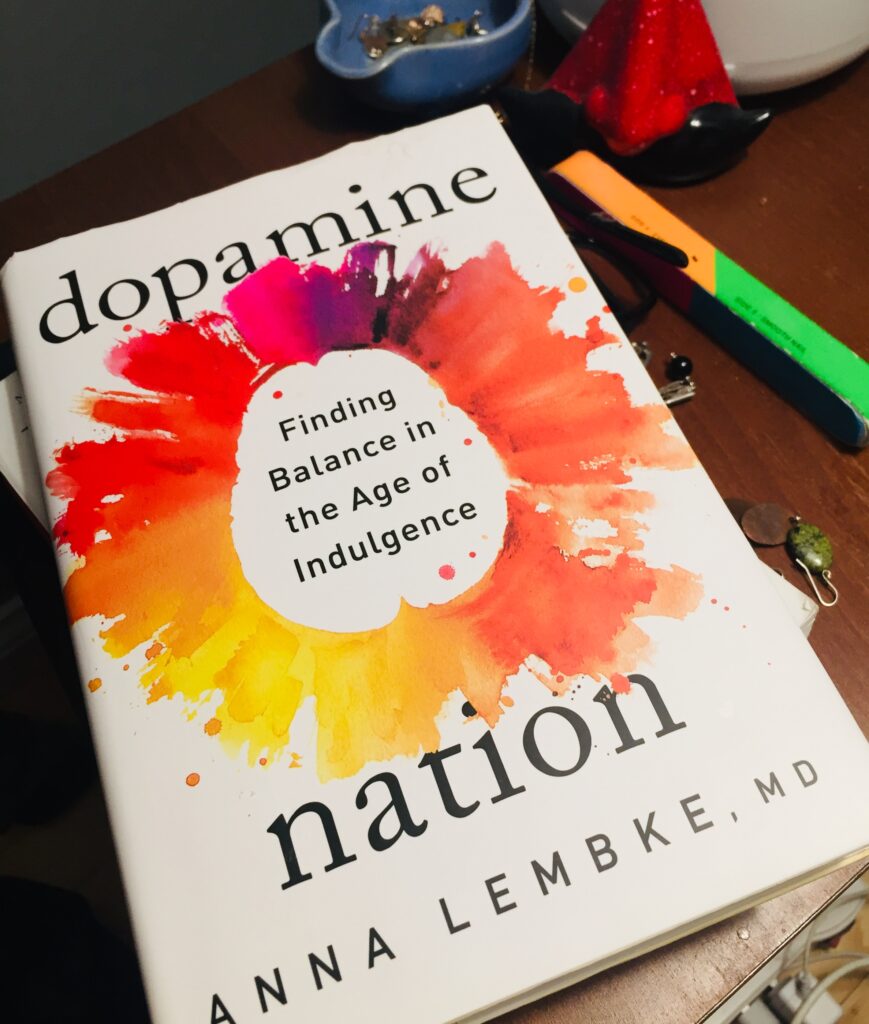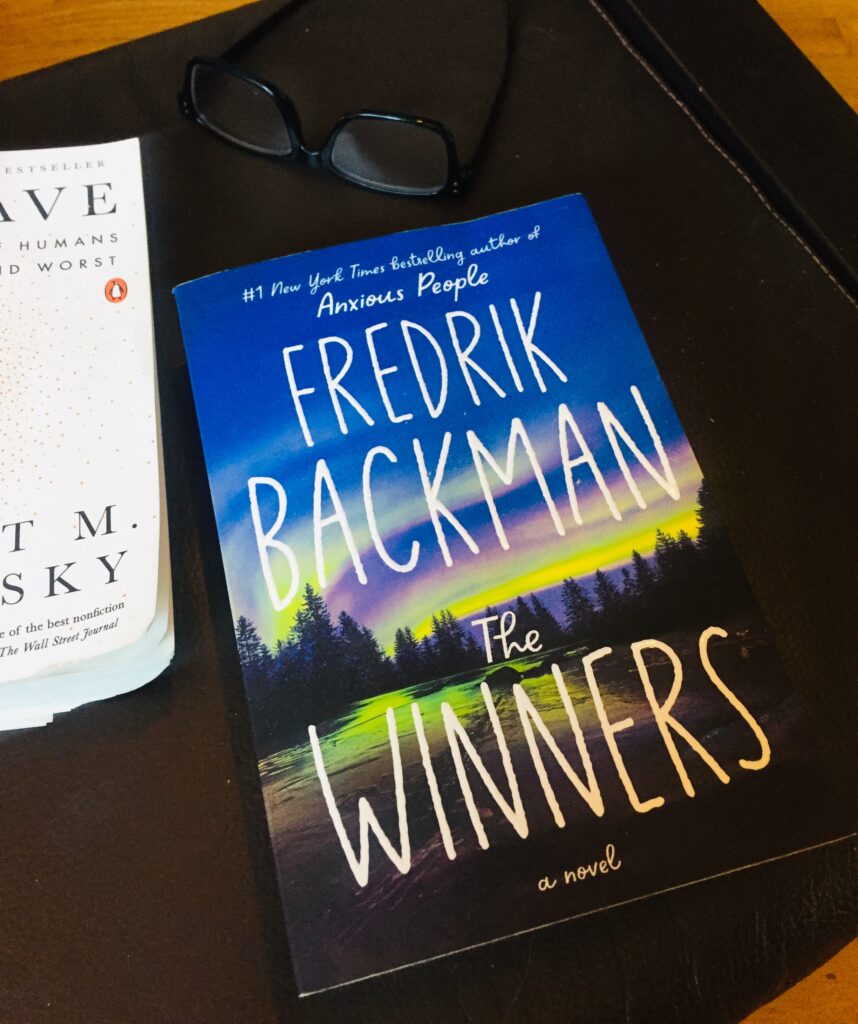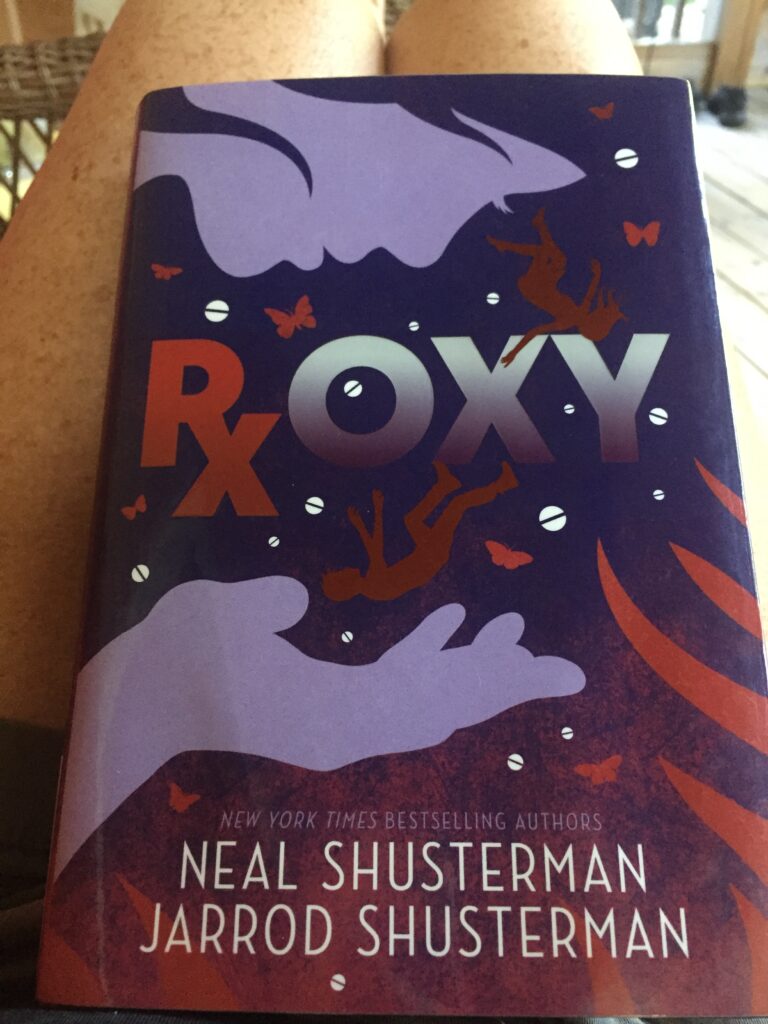Title: It Won't Be Easy: An Exceedingly Honest (and Slightly Unprofessional) Love Letter to Teaching
Author: Tom Rademacher
Date Read: January 13, 2023
Two snaps.

Snapshot of the book
Teaching is a career that suits me– I love the creativity required to plan lessons; I love working with kids, talking to them, helping them, laughing with them; I love the unpredictability of days. I love it. But, it certainly is not easy.
It's a tough paradox to explain to new teachers: Rademacher offers this: "Crappy job, great career." (42) He divides up his 'love-letter' into five parts: Summer, Fall, Winter, Spring, and Summer, Again. There is a cyclical and predictable cadence to a school year and his book imitates that pattern. It begins in Summer, where he sets up how we prepare mentally and physically for a school year. This section also offers interview tips, as well as how to get along with the grown ups in your school (great advice!)
Fall offers warnings on how to start with kids: from being careful about how we talk about them and with them; and many personal stories to illustrate the importance of understanding the difference between fear and control in a classroom. It is a true skill to find the balance between controlling an environment full of kids and being friends with them. He writes: "It makes sense when you feel like things are going wrong to resort to fear and anger, but the problem isn't that you yell at a kid now: the problem is that in ten years you're going to be really good at it" (p.88). Trust me, that's not anything you want to be good at. Teaching requires conflict: we have to push kids to try hard things, we need them to test their boundaries, to do things that they don't always want to do– that comes with being somewhere in the middle: "What you really want as a teacher is for students to respect you, and real respect doesn't come from who yells the loudest or who sits backwards in a chair and talks about how all other teachers are lame. Respect comes less from anything you will say, and more from how often you listen, really listen, to your students. When you can tune your ear right, they'll tell you exactly what they need from you." (p.90)
The section entitled Winter takes up topics like how to work with technology (like the Internet!)– some teachers and schools want to create tech-free zones (something that is not a thing anywhere else in student's lives) to protect the way they have always taught. Currently many teachers are worried about the capabilities of ChatGPT for the same reason. As a profession, we must be better than that. Our students deserve better too. We have to acknowledge the landscape and context we teach in. Rademacher offers his simple maxim: "I've taken to instituting a new policy in the work involved in my classes. A policy, or a rule, or… I suppose most accurately, a question: Can Google do this?" (p.99). The Internet is a tool that students can access, like those pocket calculators we were warned about. If they have this tool, it is up to us, as teachers, to go deeper and connect to real world problems; not to be defensive that they have found the answers to our worksheets online. He also tackles white privilege, terrible advice, and helping kids advocate for change.
Spring focuses on giving student voice and choice a place in the classroom; how to handle it when bad things happen; and fighting the urge to quit. He ends in Summer Again, where he once again can see the value and joy in teaching: kids.
Rademacher may not be for everyone: he does swear, and he can feel a little full of himself at times: but I think he is pretty transparent and honest (refreshingly so) about who he is; the mistakes he has made, the success he has had, and the insights he has drawn in his decade as a teacher. For me, his advice would be some of the same I would offer a beginning teacher after close to 25 years of doing it myself: remember that kids are humans– with thoughts, feelings, emotions, and an underdeveloped pre-frontal cortex: You are the adult in the room: do no harm and be kind. The learning will follow.
Snapshot of the book in my classroom/my life
Rademacher includes a helpful quiz (albeit tongue in cheek). It made me laugh, but it also resonates. There are always times when a teacher does not feel like a great teacher. Heck, sometimes (especially during a pandemic) we may not even feel like a good teacher. It's really easy to be pretty hard on yourself and think you are a terrible teacher.
Rademacher includes this diagnostic for teachers to determine if they are in fact terrible teachers. As a teacher mentor, I think I'll keep a copy handy for self-assessment and reflection.
SO YOU THINK YOU'RE A TERRIBLE TEACHER: THE TEST
(Check all that apply. You can check more than one.)
CATEGORY ONE
__ I don't care about teaching.
__ I don't care about students.
__ I like making people feel bad, especially young people.
__ I'm thinking about going in to Administration.




